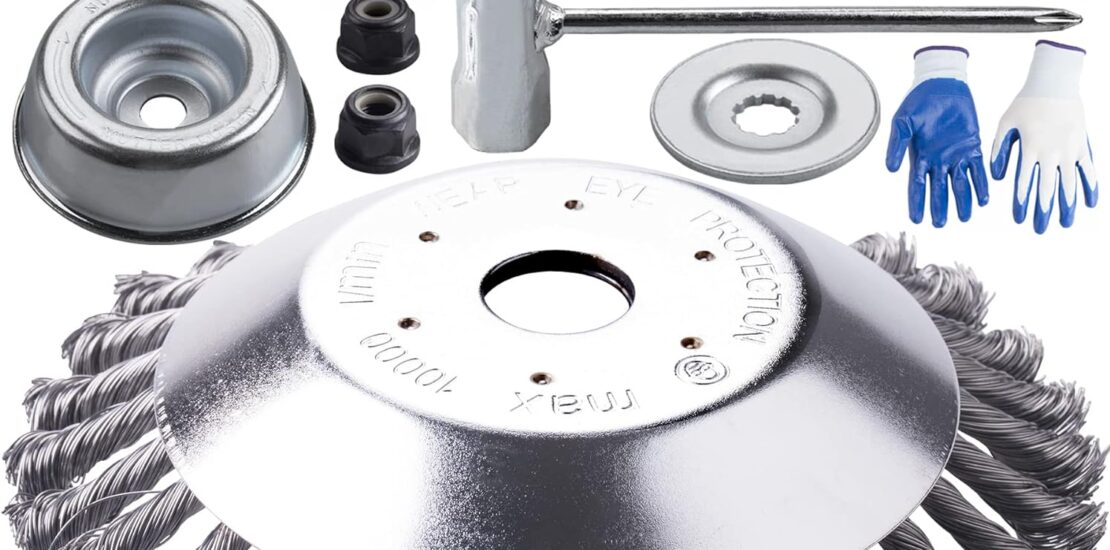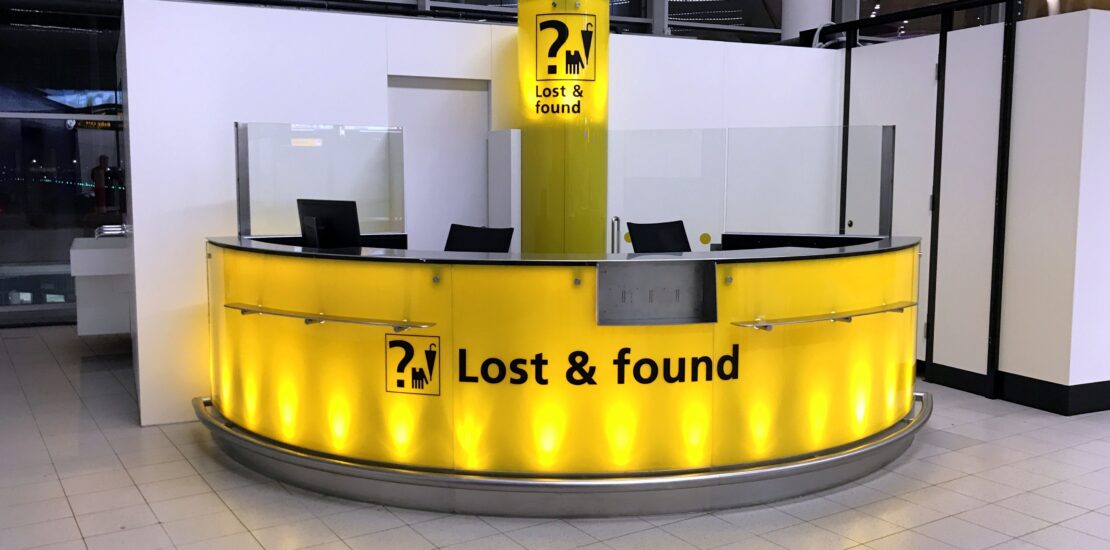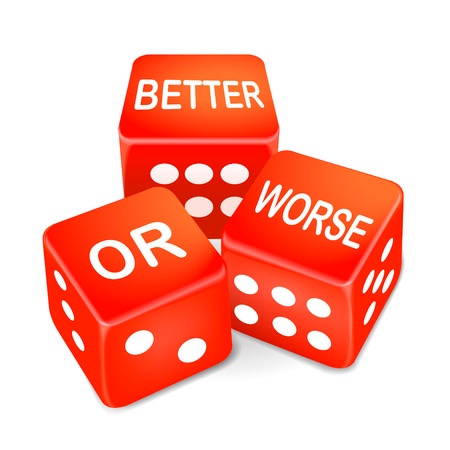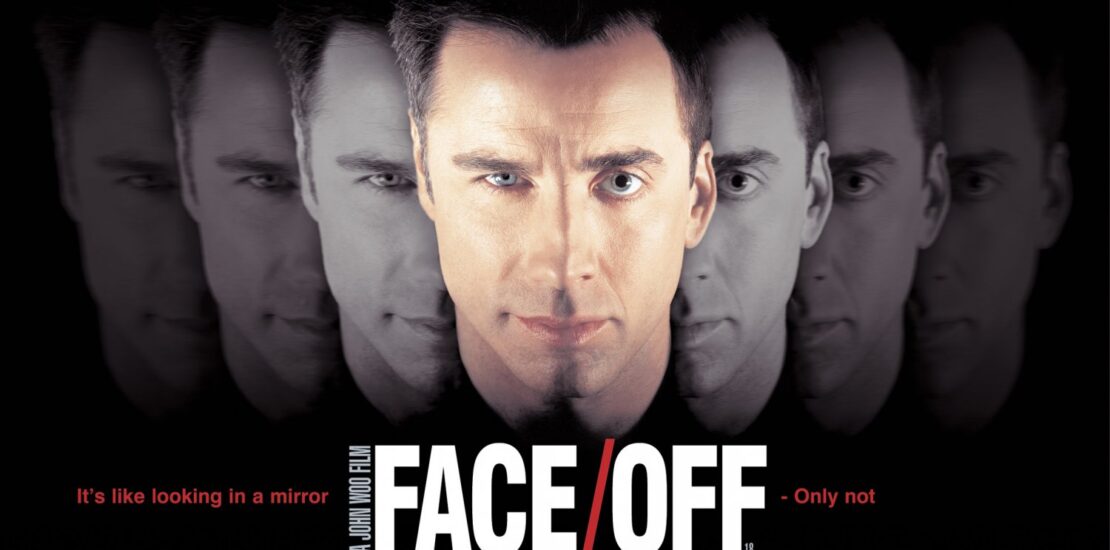-
Why Top and Bottom Salespeople Have the Same Scores
- November 21, 2023
- Posted by: Dave Kurlan
- Category: Understanding the Sales Force

A question was brought to my attention about Objective Management Group (OMG) assessments. For context, OMG has assessed more than 2.4 million salespeople, their accuracy is legendary and they’ve earned their stripes for predictive validity as well. I was shown two sales candidate evaluations that at first glance had important findings that looked the same. Both individuals lacked Desire for Success in Sales and Commitment to Achieve Sales Success. The problem is that individual number one is their top salesperson and individual number two is their worst salesperson. The question I was asked was, “How can that be!”
-
Top 5 Keys to Hire Ideal Sales Candidates at Your Company
- September 11, 2023
- Posted by: Dave Kurlan
- Category: Understanding the Sales Force

There’s no time like the present to hire salespeople but your sales recruiting strategy must consider the ever changing ebb and flow of the candidate pool. This article explains the five keys to hiring ideal salespeople for your company and has lots of data to back it up.
-
Found! The Caliper vs OMG Comparison: Which Sales Candidate Assessment is More Predictive?
- December 1, 2020
- Posted by: Dave Kurlan
- Category: Understanding the Sales Force

Almost nine years in the making, this article compares OMG with Caliper and I did update it so that the information on both assessments is current.
I compared two assessments for the same candidate: one from Objective Management Group (OMG) and one from Caliper. Not being one to pass up opportunities like this, I conducted another comparison where OMG recommended this person for the role and Caliper did not.
-
How the Correlation Between Restaurants and Covid 19 Applies to Sales Assessments
- September 17, 2020
- Posted by: Dave Kurlan
- Category: Understanding the Sales Force

But does it really matter whether this is causation? Is there that big of a difference? Is correlation enough? It depends on what you are trying to show. Let’s take sales assessments for example.
-
Hiring Salespeople Should Not be Like a Coin Flip
- February 6, 2019
- Posted by: Dave Kurlan
- Category: Understanding the Sales Force

Hiring salespeople does not have to be like a pot luck supper or a coin flip. If you are selective instead of impulsive, good things will happen. Take a look at the image below.
-
Data Shows That Only 14% are Qualified for the Easiest Selling Roles
- November 15, 2018
- Posted by: Dave Kurlan
- Category: Understanding the Sales Force

Lays Potato Chips. Movie Theater Popcorn. Toll House Chocolate Chip Cookies. BBQ Ribs. Fudge Brownies. Rolos (a personal favorite from years ago). All junk food which, after having the first one, you just can’t stop there. You must have more. Lays even had that as a slogan back in the late 60’s – “Bet you can’t eat just one.” Back then I couldn’t stop at one.
Last week I wrote an article that said companies are hiring the wrong salespeople 77% of the time. It was very popular and there was a great discussion on LinkedIn but similar to the junk food, you couldn’t read that one article and move to another subject. You need to have some more.
That article was filled with data to illustrate the differences between good salespeople versus those who actually get hired most of the time. It was ugly and there were questions about the 77% like, “Where does that come from?”
Some of the supporting data came from the CSO Insights 2018 Sales Talent Study. Some of it came from Objective Management Group’s evaluations and assessments of 1.8 million salespeople. And I’m going to show you some data that most people never get to see. Take a look at these wild numbers!
-
Increase Odds of Successful Sales Hire by 368%
- November 6, 2017
- Posted by: Dave Kurlan
- Category: Understanding the Sales Force

A Harvard Business Review study proved that using pre-employment assessments increased the probability of a successful hire from 13% to 72%.
I read that exact statement in a marketing promo for a search company and as they hoped, it got my attention. I thought the premise would make for a good article. I began by searching Google for the source of that quote and low and behold, I couldn’t locate it. I can’t say for sure that the study doesn’t exist or the percentages aren’t correct but I could not find a single thing that correlated to that quote.
Of course it makes sense that no such statistic exists
because with assessments making that much of a difference, it would be a no-brainer for every company to use them and on what planet are the chances of success only 13%?
-
Are Millennials Who Enter Sales Better or Worse Than the Rest of the Sales Population?
- August 31, 2016
- Posted by: Dave Kurlan
- Category: Understanding the Sales Force

Millennials are more independent, more spoiled, have a shorter attention span, tend to be more into their technology than into people, don’t like working traditional hours, and don’t enjoy working in traditional ways. That said, would you expect them to be better or worse suited for selling than the generations who came before them?
I took to the data to see what story it might tell. I found data on more than 43,000 millennials in sales and here is what I learned. This information should be very helpful for hiring new salespeople and developing them as well.
-
Choose Which of These Two Assessments are More Predictive of Sales Success
- February 10, 2016
- Posted by: Dave Kurlan
- Category: Understanding the Sales Force

This week, a candidate for a sales position sent along his Predictive Index (PI) assessment so that we could compare it to his sales assessment from Objective Management Group (OMG). Most people have little sense as to how assessments compare to each other – and even more have experience only with personality and behavioral styles assessments. I was able to extract the dashboard from OMG’s 21 page sales-specific assessment, and the graphics and selling summary from the 3-page Predictive Index behavioral styles assessment. You might find the comparison interesting!
-
Top 5 Keys to Select and Hire Great Salespeople in 2015
- December 8, 2014
- Posted by: Dave Kurlan
- Category: Understanding the Sales Force

I’m always amused when an email comes through with a message that says something like, “Maybe we should target candidates that aren’t recommended” or “Why do so many candidates lack Commitment?” or “Your assessments are only recommending 1 out of every 5 candidates!” or “The questions don’t fit the role!” or “Thanks for saving us so much time – we would have hired some of these losers last year!”
I can usually determine, just from the comment of the email, exactly who, by title, must have sent it to us. Here are some funny examples:

